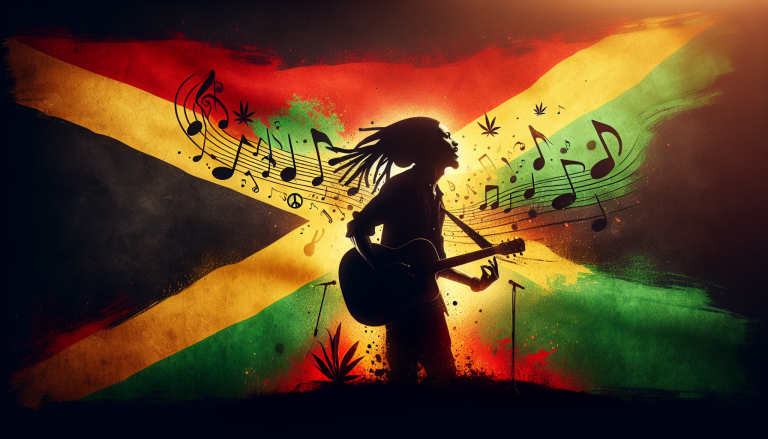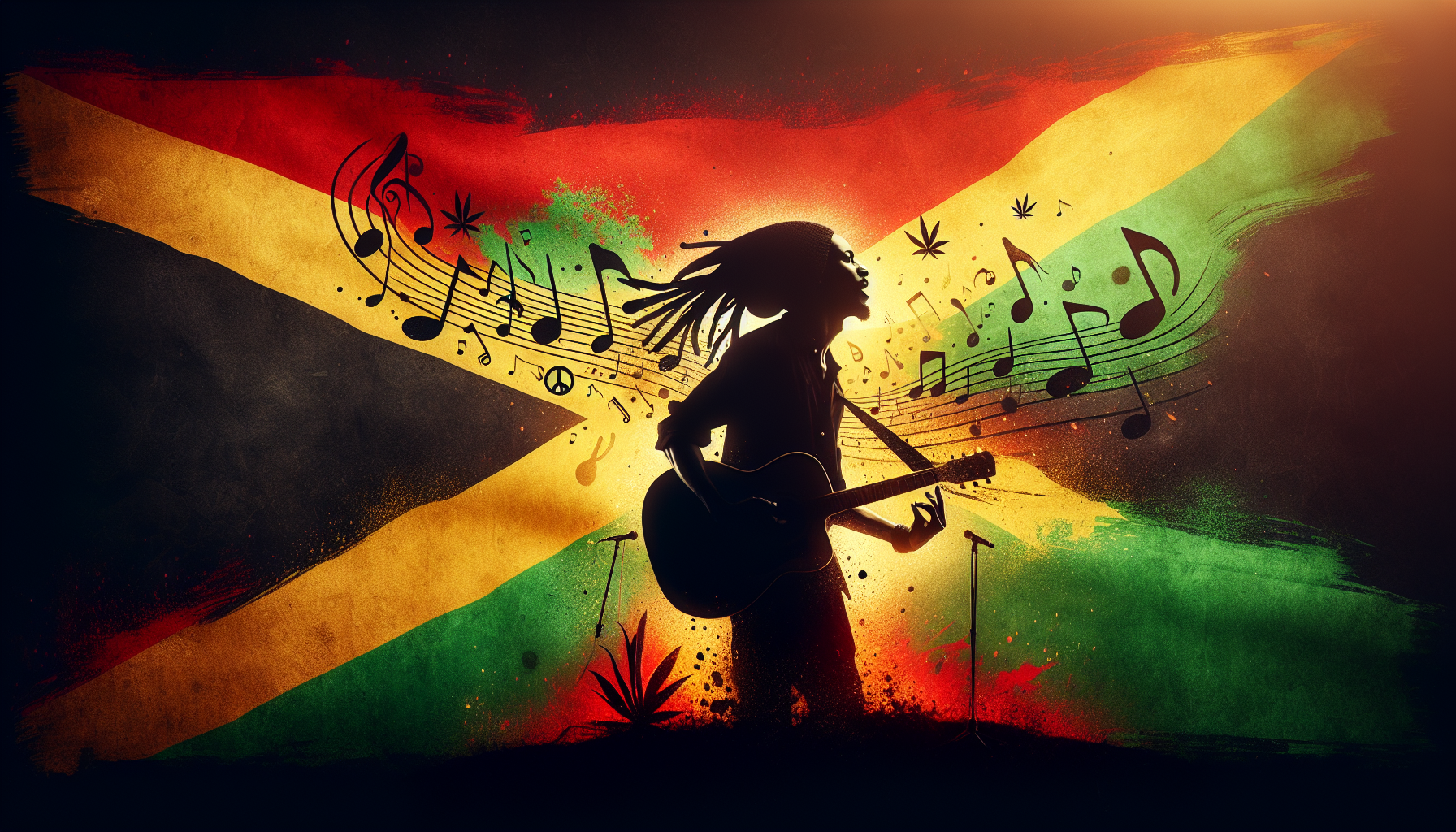The Heartbeat of the Caribbean: Exploring the Rich World of Reggae Music
Reggae: More Than Just a Sound, a Cultural Revolution
When the first hypnotic beats of reggae music fill the air, something magical happens. It’s more than just music – it’s a powerful expression of identity, resistance, and hope that has captivated the world for decades. Born in the vibrant streets of Jamaica during the late 1960s, reggae represents far more than a musical genre; it’s a profound cultural movement that has transformed global music and social consciousness.
Roots and Origins: The Birth of a Musical Rebellion
Reggae emerged from the complex social landscape of Jamaica, evolving from earlier musical styles like ska and rocksteady. The music grew from the marginalized communities of Kingston, reflecting the struggles and aspirations of working-class Jamaicans. Its rhythmic foundations were deeply rooted in African musical traditions, brought to the Caribbean through the traumatic history of slavery and colonial oppression.
The distinctive reggae sound is characterized by its emphasis on the offbeat, creating a unique, syncopated rhythm that immediately sets it apart from other musical styles. Bass-heavy instrumentation, punctuated by sharp guitar chords and steady drum patterns, creates a hypnotic groove that speaks directly to the soul.
Cultural Significance: A Voice of Resistance
Reggae quickly became more than entertainment – it was a powerful form of social commentary. Artists used their music as a platform to address issues of social injustice, racial inequality, and political oppression. The music became a vehicle for expressing the experiences of marginalized communities, offering hope and inspiration during challenging times.
As legendary reggae artist Bob Marley once said, “One good thing about music, when it hits you, you feel no pain.” This quote encapsulates the healing and transformative power of reggae music.
Musical Pioneers: Icons of the Genre

Three legendary artists have been instrumental in defining and popularizing reggae music:
1. Bob Marley: Undoubtedly the most famous reggae musician globally, Marley transcended musical boundaries. His messages of peace, love, and social justice resonated worldwide, making him an international icon of reggae music.
2. Peter Tosh: Another pivotal figure in reggae, Tosh was known for his revolutionary spirit and uncompromising political stance. His music continued to challenge social norms and advocate for human rights.
3. Jimmy Cliff: A multi-talented artist who not only performed music but also acted in groundbreaking films like “The Harder They Come,” which introduced reggae to international audiences.
Performance and Experience: The Living Essence of Reggae
Experiencing reggae is a full-sensory journey. Live performances are energetic, communal events where music becomes a shared experience. Street festivals, concert venues, and local gatherings provide platforms for musicians to connect deeply with their audiences.
The music is typically performed with traditional instruments like guitars, drums, and bass, often accompanied by keyboards and horns. Percussion plays a crucial role, creating the distinctive rhythmic patterns that define the genre.
Global Impact: Beyond Caribbean Shores
Reggae’s influence extends far beyond the Caribbean. It has inspired musicians worldwide, influencing genres like hip-hop, punk, and electronic music. The genre’s messages of social justice and unity have resonated globally, making it a universal language of resistance and hope.
Internationally recognized events like Jamaica’s Reggae Sumfest and numerous global reggae festivals continue to celebrate and promote this rich musical tradition.
Contemporary Evolution: Keeping the Flame Alive
Modern reggae continues to evolve, incorporating contemporary sounds while maintaining its core philosophical and musical principles. New artists are pushing boundaries, creating fusion styles that blend traditional reggae with modern musical elements.
Younger generations are discovering the profound messages and incredible musical craftsmanship of reggae, ensuring that this powerful art form continues to inspire and transform lives.
From its humble beginnings in Jamaica to its current global status, reggae remains a testament to the power of music as a tool for communication, resistance, and celebration. It reminds us that rhythm can be a powerful vehicle for expressing the deepest human emotions and experiences.




